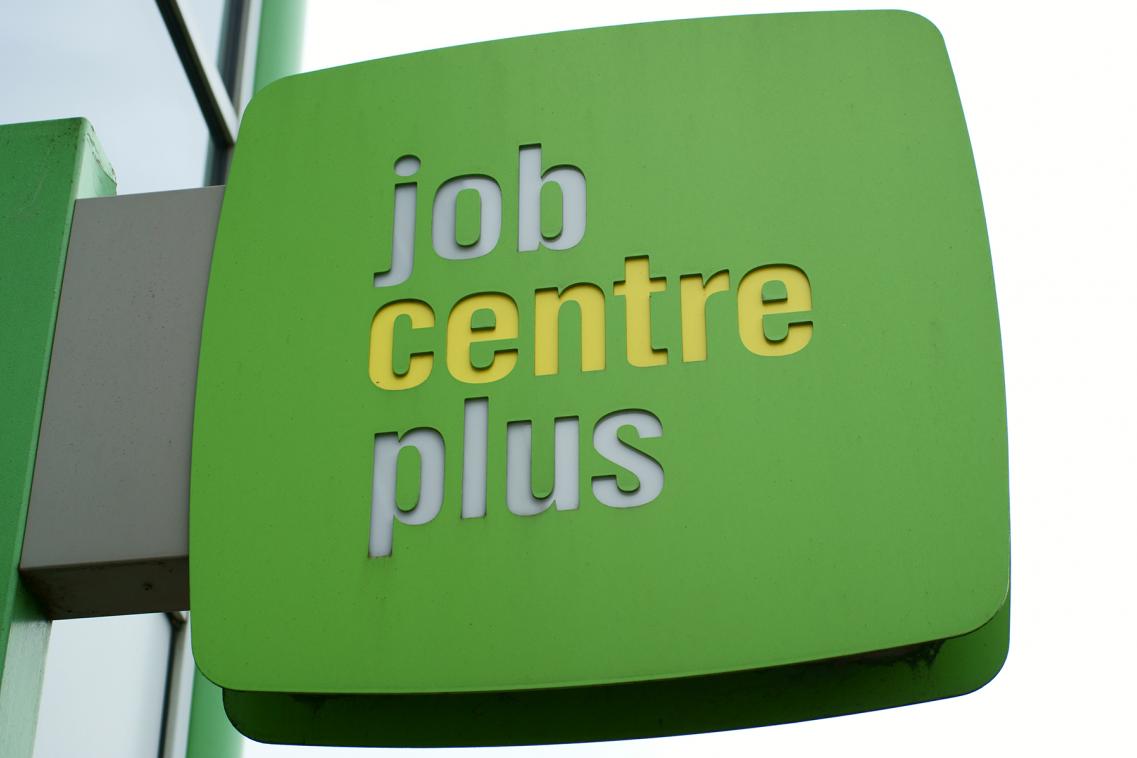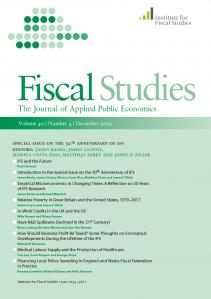Comment
On the eve of the economic crisis caused by the public health response to coronavirus, around 76,000 working-age families were subject to the benefit cap. The cap means that most of these families, and some of those who have since lost employment during the crisis won’t benefit at all from the temporary increases in benefits announced by the Chancellor. The cap provides a strong financial incentive for families to move into paid work or to move to cheaper housing; but this is less important, and in many cases undesirable, at the present time. Raising or removing the cap so that all working age benefit recipients can benefit from the temporary increase in support would make sense, at least while the current social distancing requirements are in place.




















